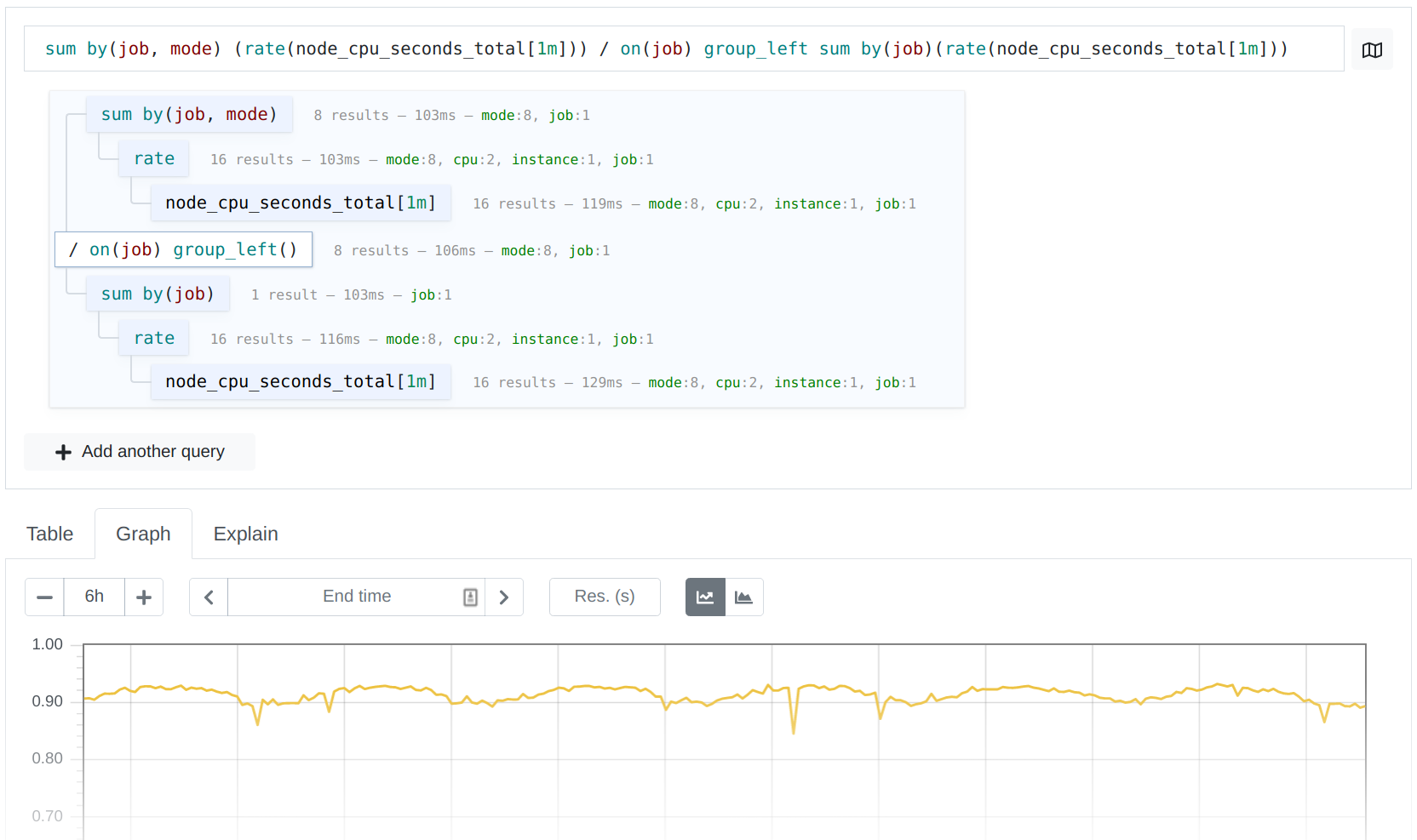At PromLabs we created PromLens, the ultimate power tool for building, understanding, and visualizing PromQL queries, with the goal of helping users get the most out of PromQL-compatible monitoring solutions. A year ago, we partnered with Chronosphere, a SaaS observability solution, to bring PromLens-powered PromQL query building capabilities to all Chronosphere users. Today we are excited to announce that Chronosphere and PromLabs are open-sourcing PromLens, donating PromLens in its entirety to the Prometheus project under the project's existing open governance.
PromQL and PromLens
Across the IT industry, PromQL has evolved to become the de-facto standard query language for time-series-based monitoring and alerting. While PromQL is a powerful language that allows for flexible calculations, it has a steep learning curve, and building complex queries can be a frustrating experience even for experts when the shape of the underlying data is not well understood. Last year we built PromLens, a PromQL query builder, analyzer, and explainer tool that helps you learn and understand PromQL and lets you build queries much more effectively and confidently. First, PromLens helps beginners by surfacing language and syntax features in a graphical way (for example, via a form-based editor), by providing explanations of query constructs, and by showing warnings and quick-fix actions for common mistakes. Second, PromLens also assists users from beginner to expert levels in building and analyzing queries rapidly by showing what underlying data you are working with at each expression node within a query:

In short, building and debugging queries using PromLens is a much more effective and enjoyable experience than using a plain text editor.
Donating PromLens to Prometheus
Until now, PromLens has only been available as a commercial product – it was neither open source nor free (when using advanced features). In collaboration with Chronosphere, we are now donating PromLens to the Prometheus project under the project's existing open governance and Apache 2 license. This means that PromLens will be available as a free, open-source tool for all Prometheus users, and we will continue to develop it as a community project.
From today on, you can find the source code of PromLens on GitHub, and the Prometheus project will be releasing binaries and Docker images for PromLens on an ongoing basis. In the future we also aim to integrate PromLens' query building features into the Prometheus server's own web UI, so that they are available without having to deploy and manage a separate tool. However, we still plan on maintaining PromLens as a standalone project as well, as PromLens can not only be used with native Prometheus backends, but also with any other PromQL-compatible monitoring solution. We invite everyone to contribute and help us build a great community project!
For more details on the significance of the open-sourcing of PromLens, head over to Chronosphere's announcement blog post.
What does this mean for existing PromLens customers?
While PromLens will be developed as a community project in the future, we will continue to support existing commercial PromLens users throughout the duration of their remaining license periods. Customers will also be able to continue using the existing Docker images during that time. However, we will not be issuing any new commercial licenses from this point on, and the commercial PromLens version will not receive further updates. If you are interested in using PromLens in the future, we highly recommend migrating to the new open source version.
Conclusion
We are very excited about the open-sourcing of PromLens and are looking forward to working with the Prometheus community to continue building PromLens as a tool for PromQL query building and analysis. We hope that this will help many more people to get the most out of PromQL and Prometheus. We would also like to thank Chronosphere for making this donation possible and for their great ongoing partnership around enabling Prometheus users worldwide!
Comments powered by Talkyard.